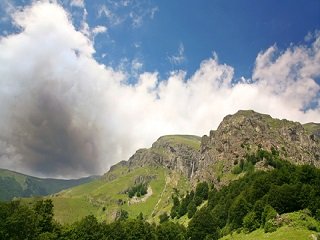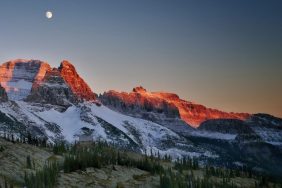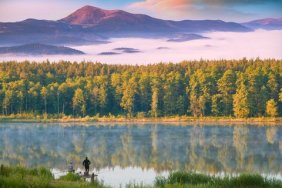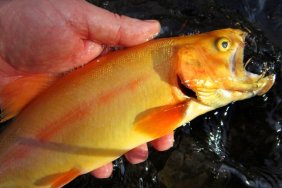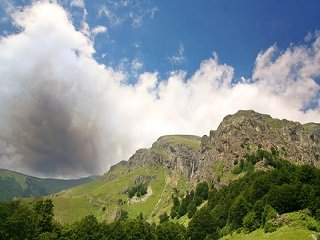 In the first part on hunting high altitudes, the dangers that high elevations have on the human body were discussed. Why hunt high altitudes and how do you prepare to do so? Let’s look at the facts.
In the first part on hunting high altitudes, the dangers that high elevations have on the human body were discussed. Why hunt high altitudes and how do you prepare to do so? Let’s look at the facts.
The two states with the highest elk population, Colorado and Montana, both require elk hunters to hunt high. A lot of elk in the wild follow the receding and melting snow lines during the summer and early fall when newly melted snow gives way to new vegetation. Chutes of grasses and other graze offer higher nutrients than second or third growth plants. Soils are at richest after a long winter and the first growths they provide are the best. So basically, if you want to be successful in the states with the most elk, you should plan on getting familiar with higher elevations.
Preparing for hunting high is probably the most important task required of a hunter. There are two major components of getting ready; physical and mental. To physically get ready, a hunter must condition the body’s respiratory system. The harder the respiratory system works, the more lactic acid builds up in your body causing your muscles to get sore and take longer to recover. A lot of hunters already know what it’s like to be unable to continue on a hunt without immediate rest, but just imagine that happening faster and more frequently at high elevations. You don’t have to live in high elevations to hunt them, but you do need to get prepared for them.
Mentally, pushing your body is nothing new to most hunters. Even if you hunt in tree stands all the time, you have most certainly had to push yourself to stay put more times than not. Hunting high requires a lot more mental discipline to hang tough.
Another mental aspect that comes in handy in high places is making solid and sound decisions when you are being physically challenged. Staying safe is important on any hunt, but hunting high makes it essential. Putting off a wet shiver to continue hunting could mean you are ignoring the first signs of hypothermia, which by the way, is even easier to contract in higher elevations. Hypothermia could be deadly and you need to have the mental wherewithal to recognize it and treat it no matter what.
Hunting high altitude takes forethought and preparations so don’t cheat yourself out of a high mountain hunt in in your future.
